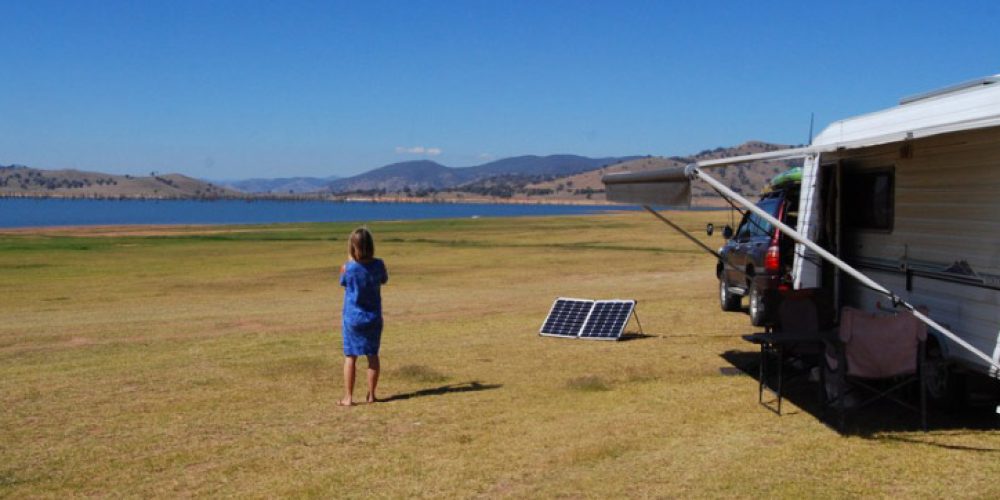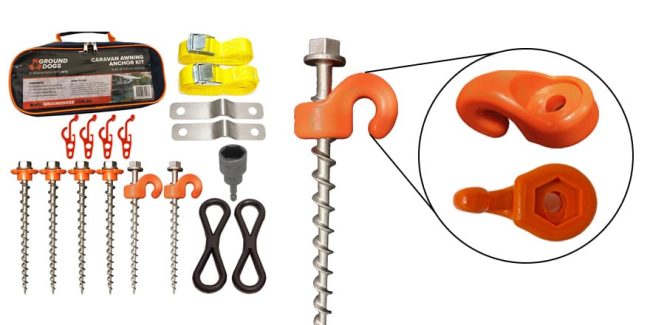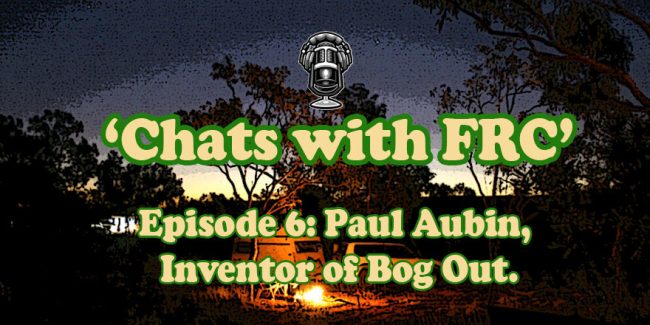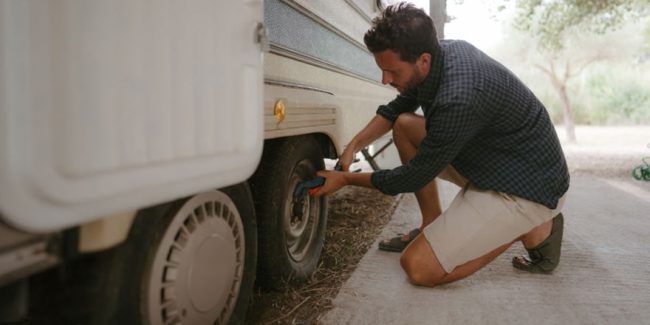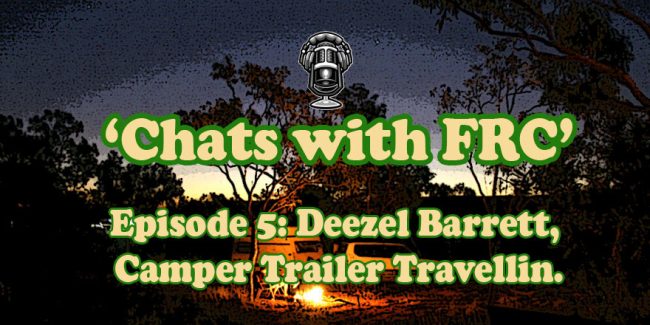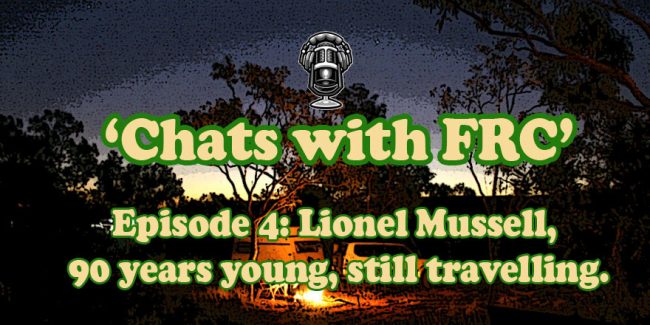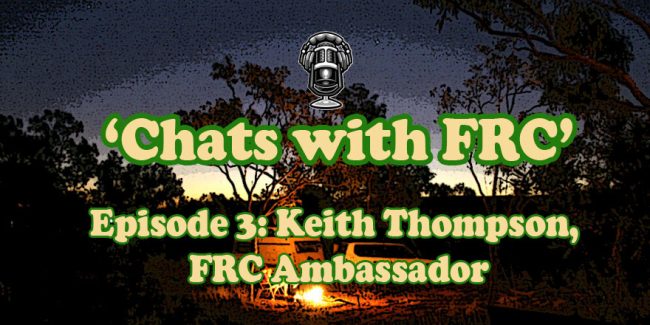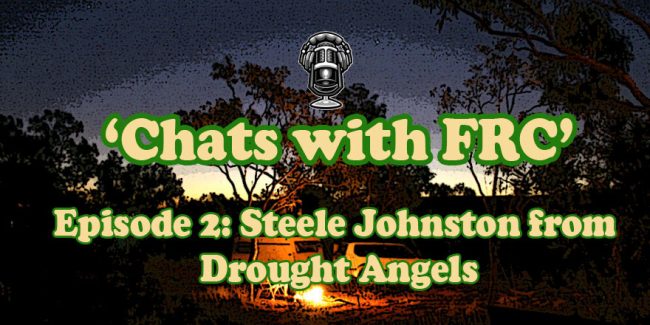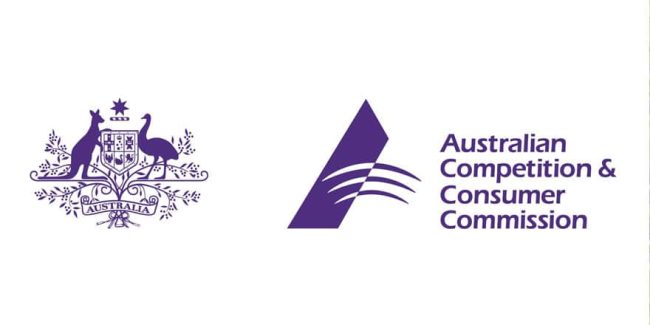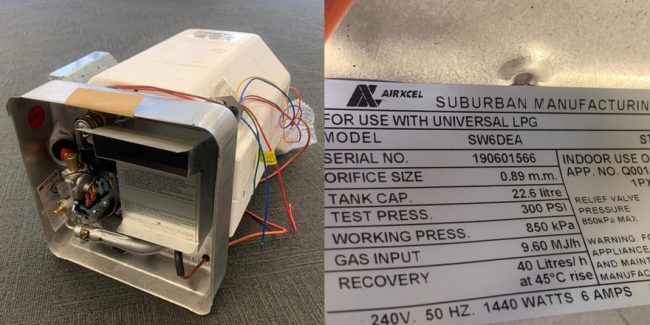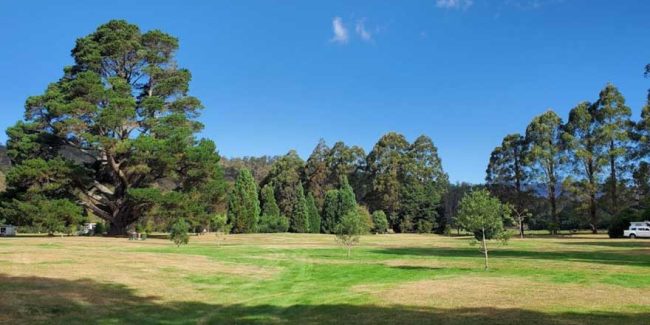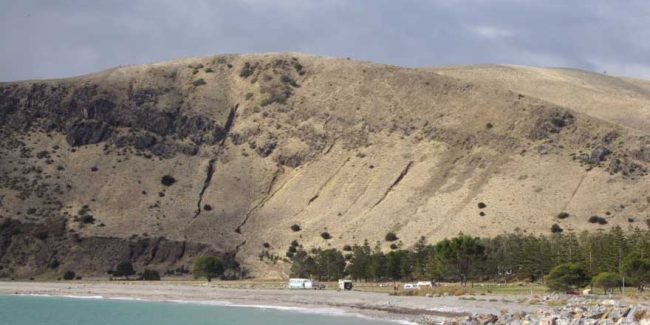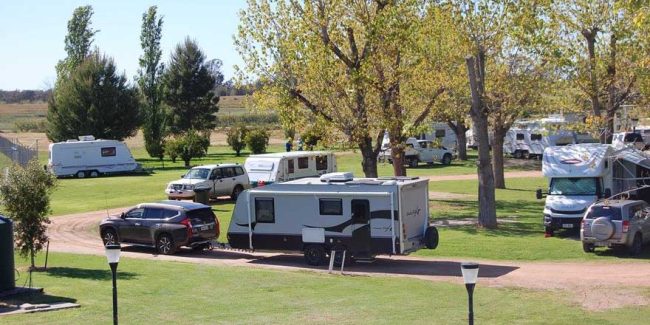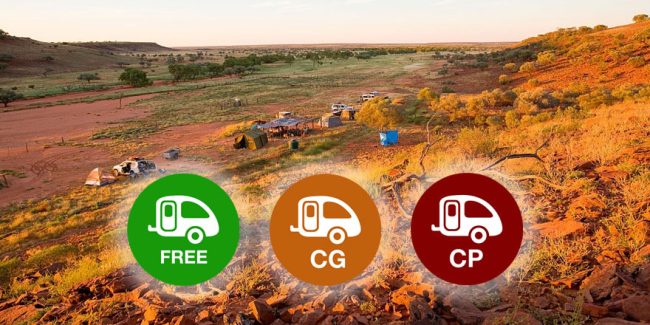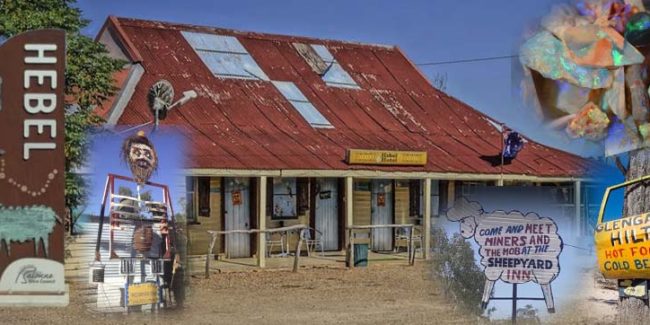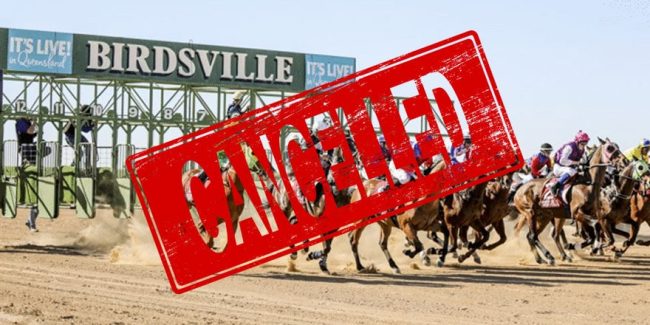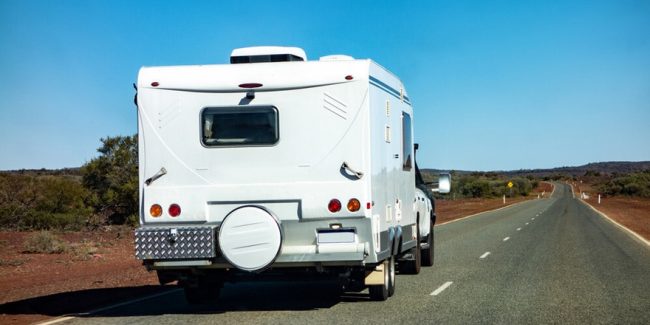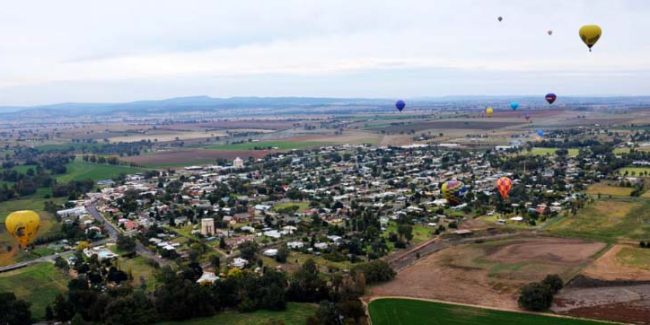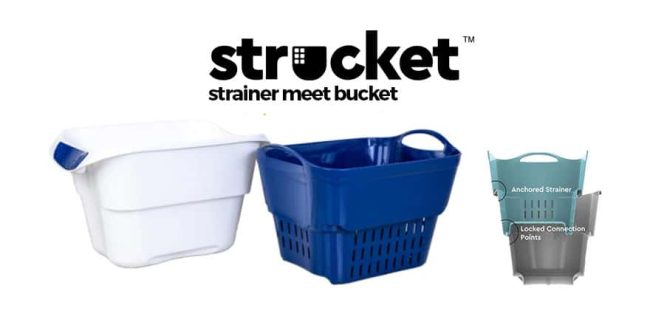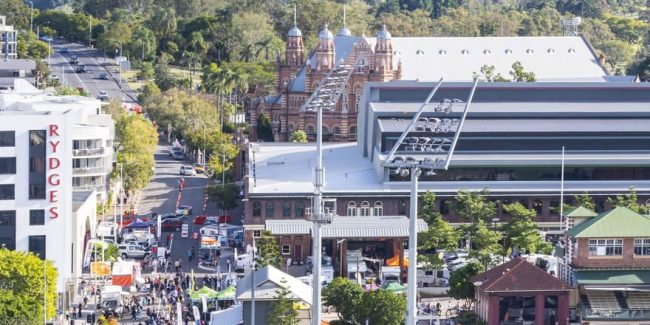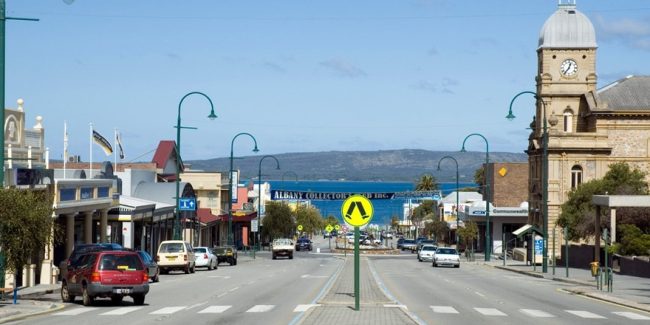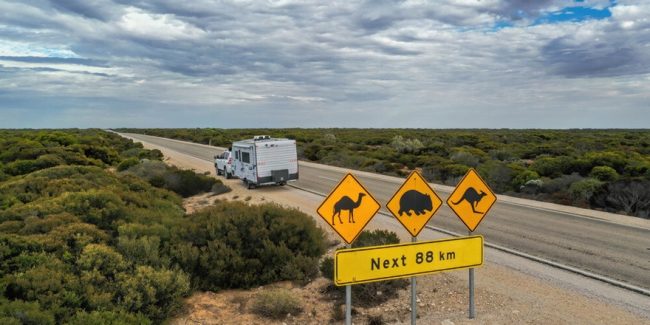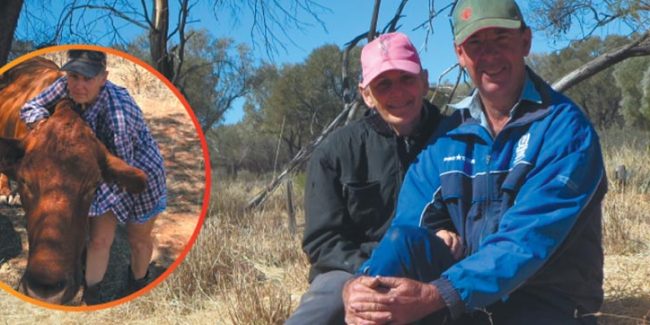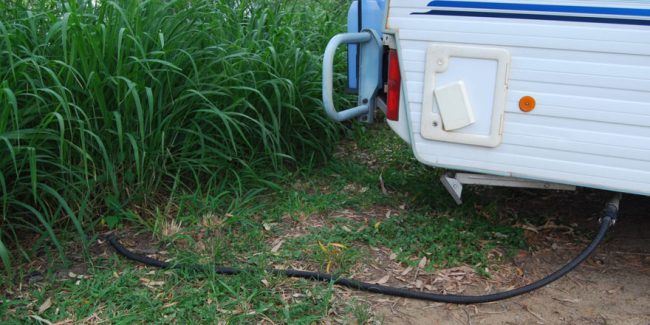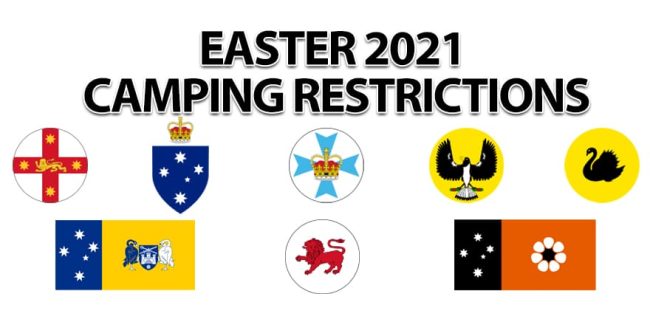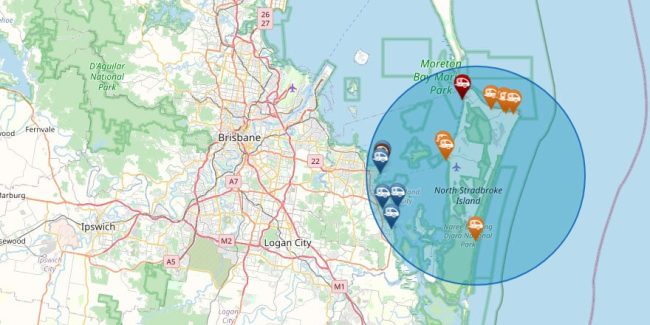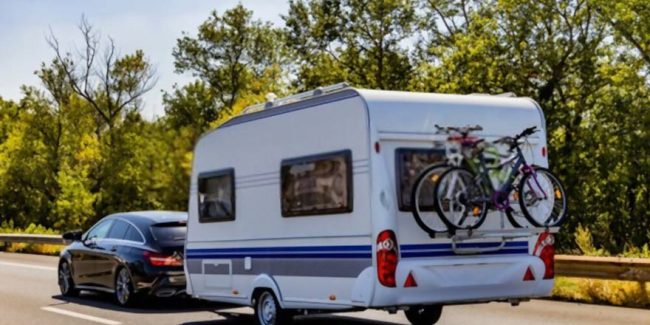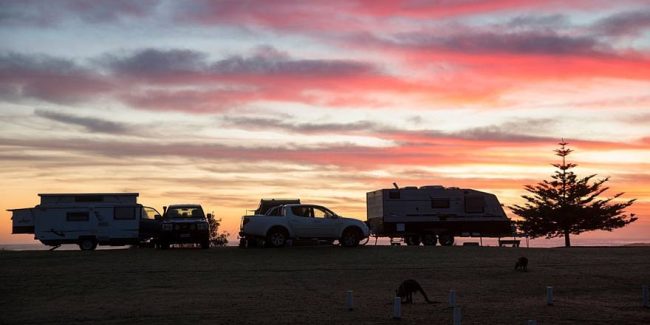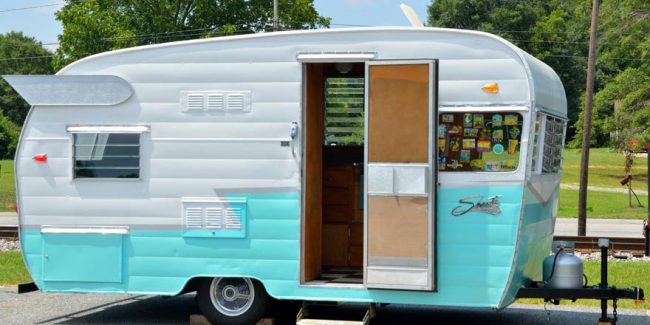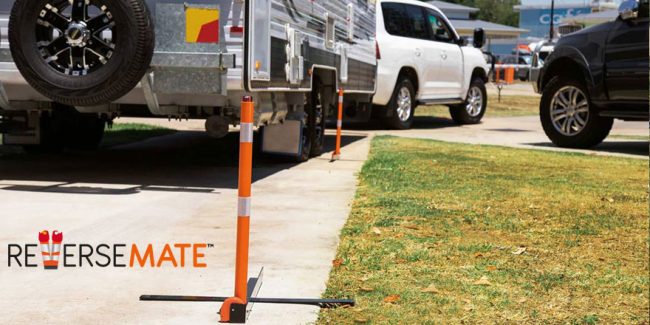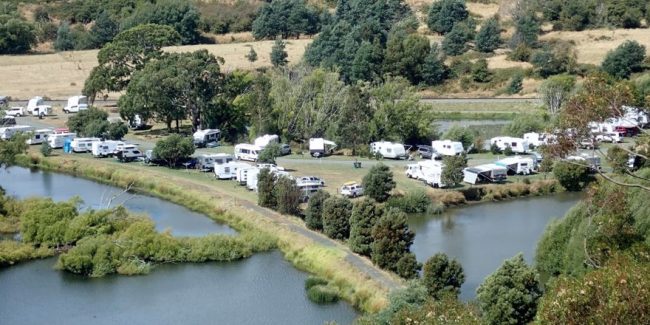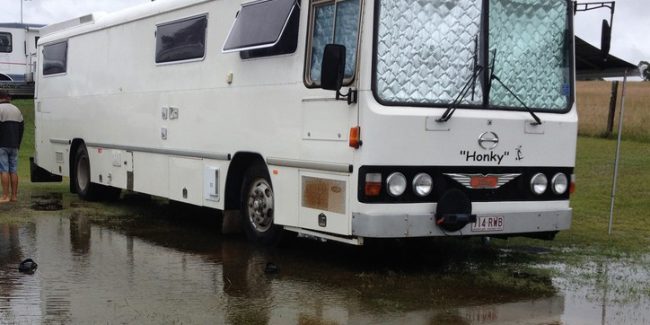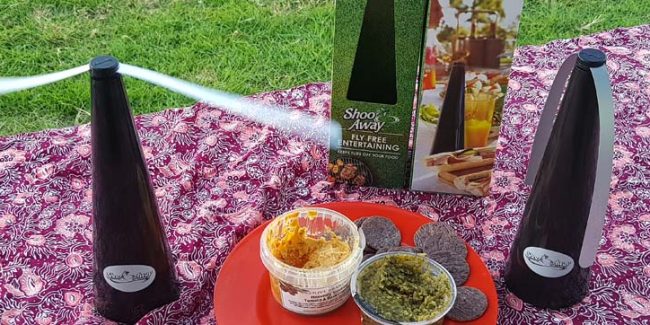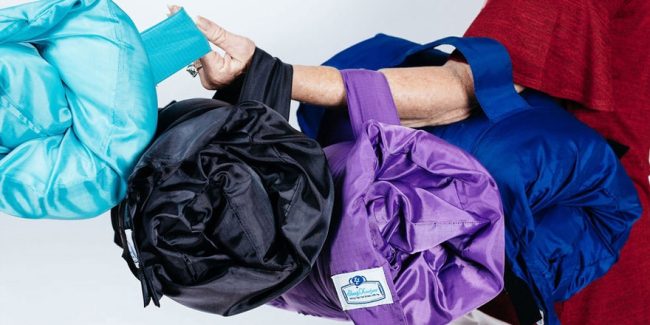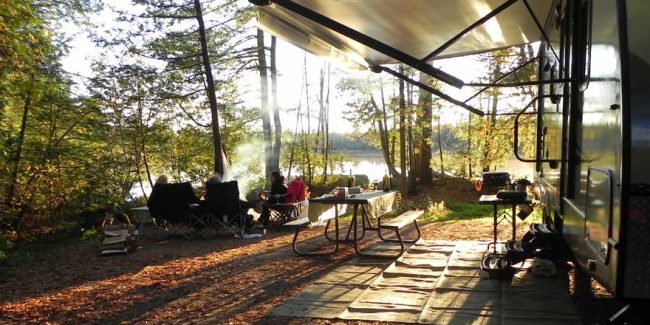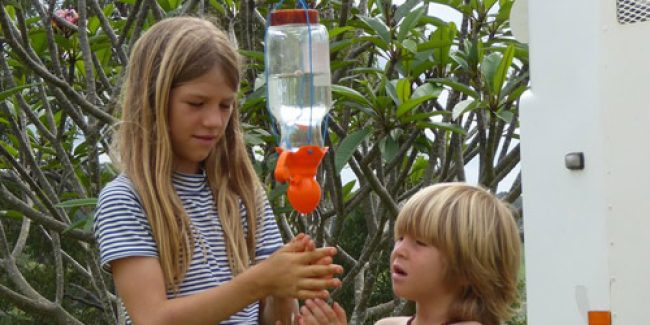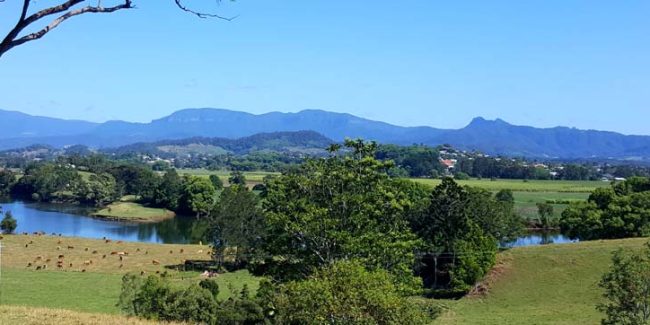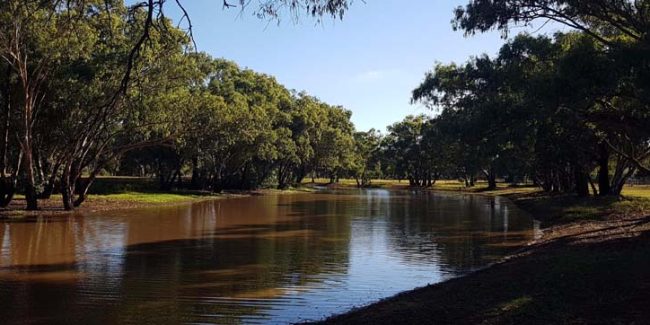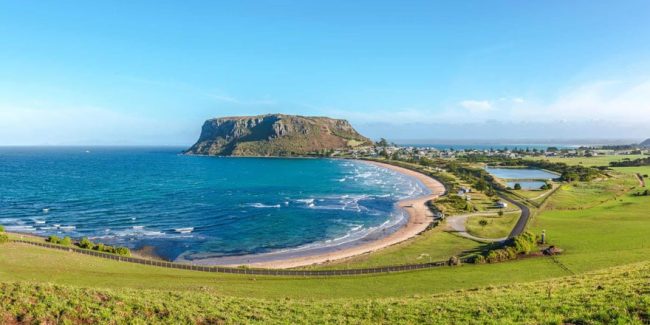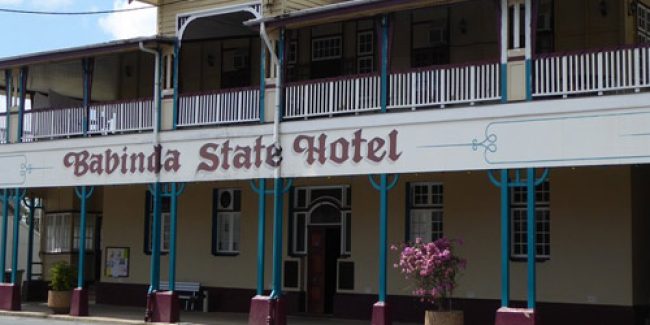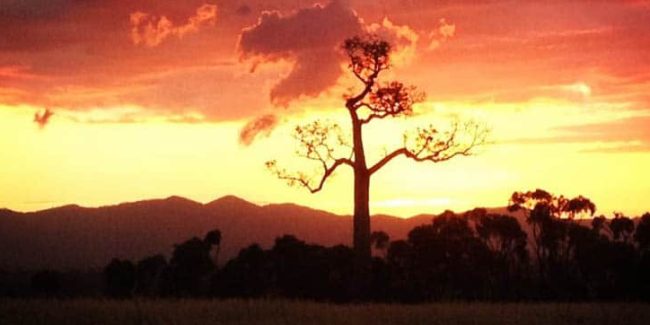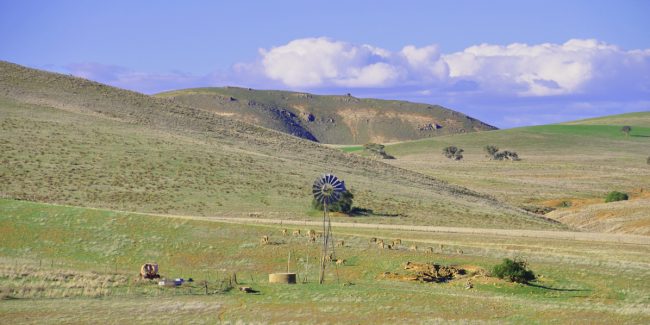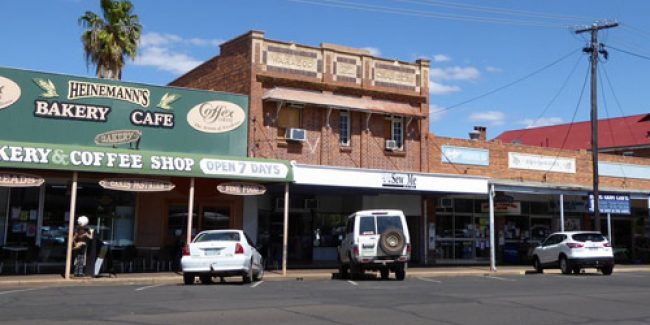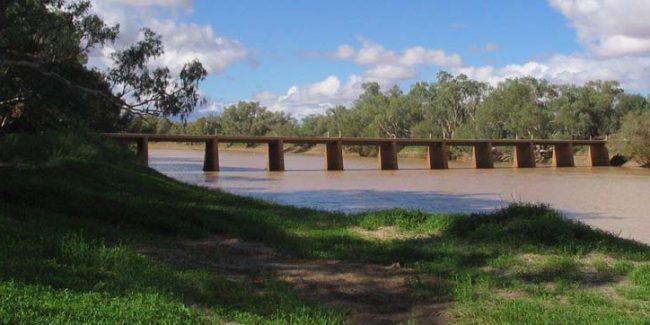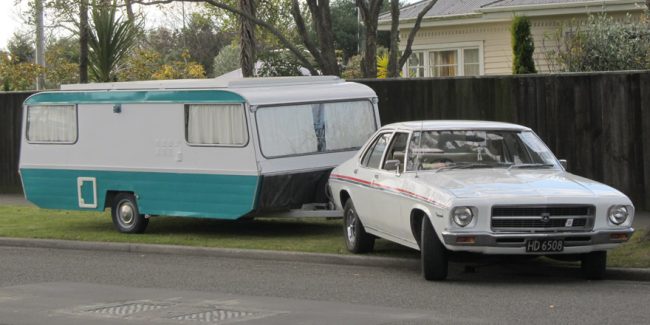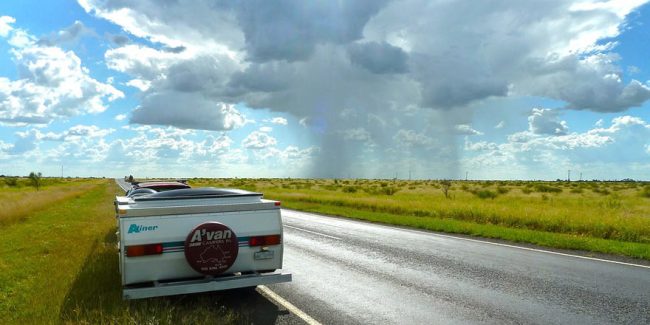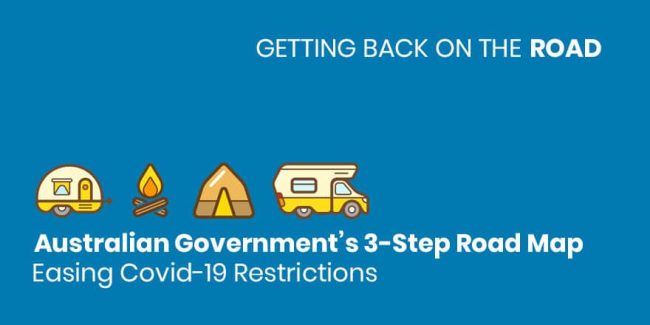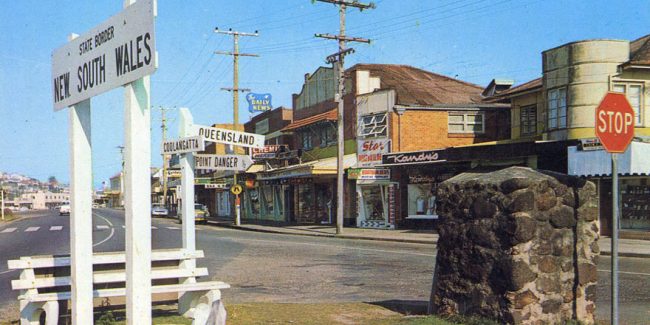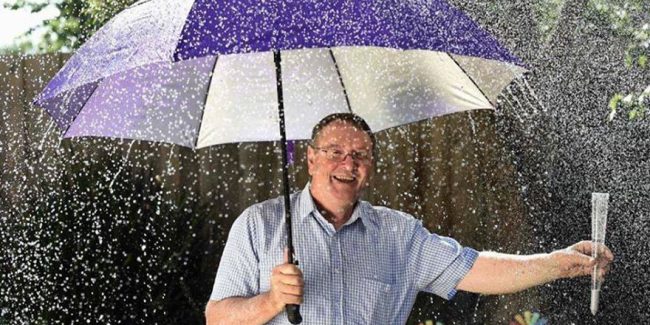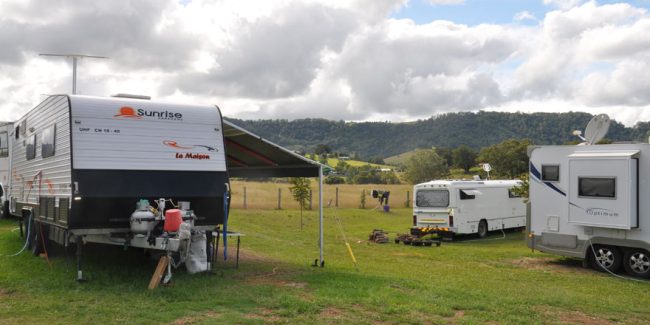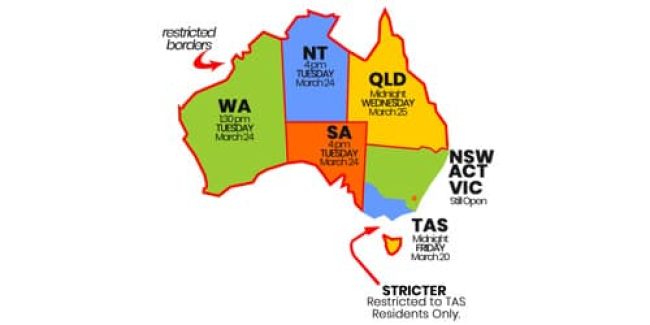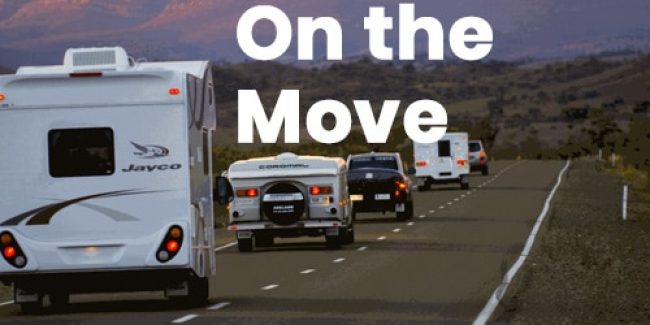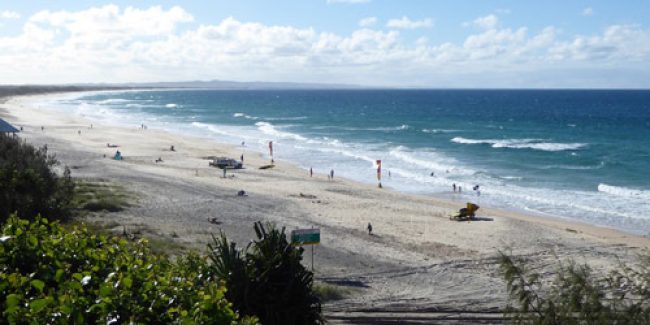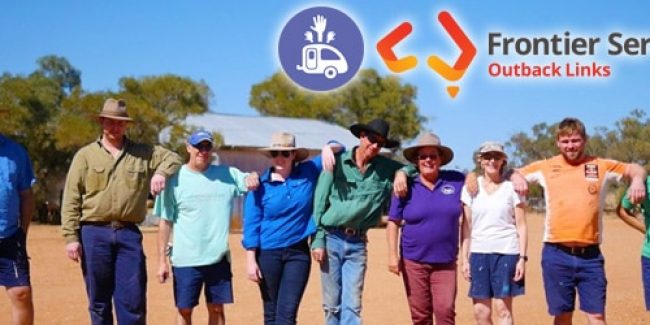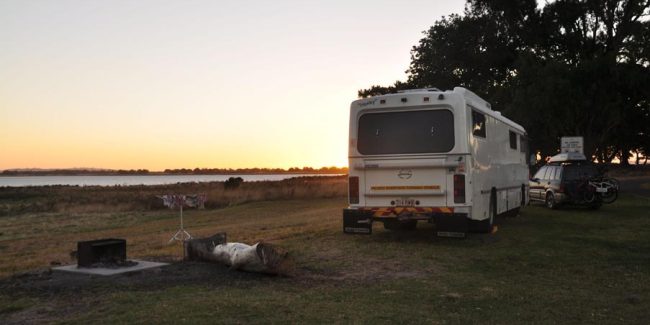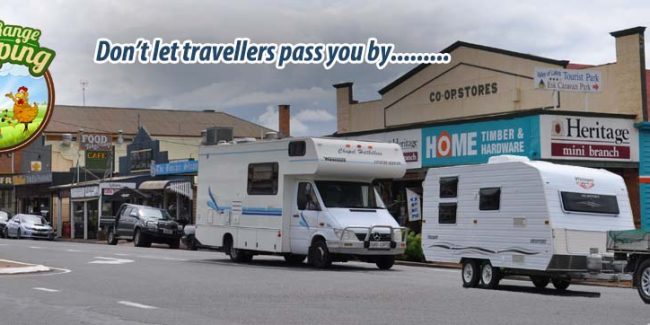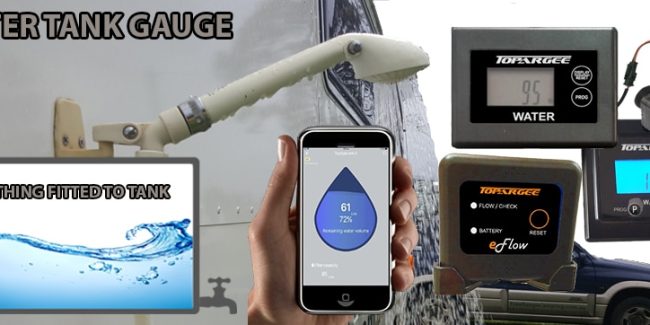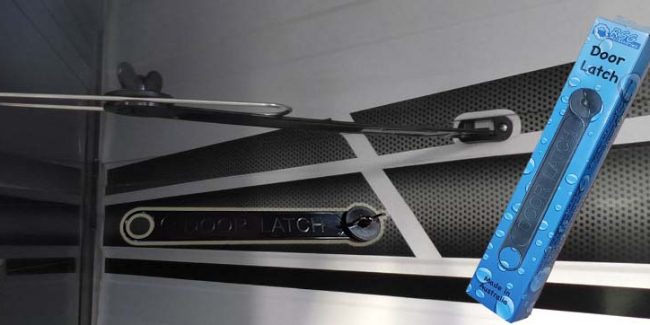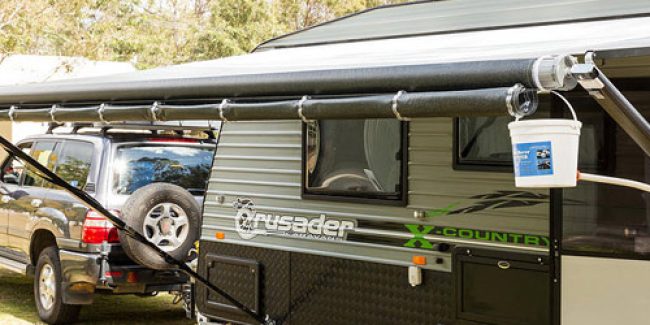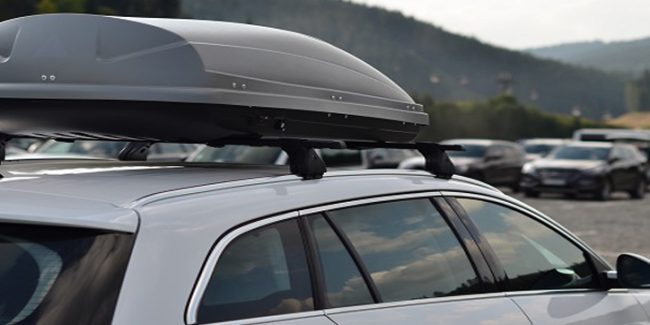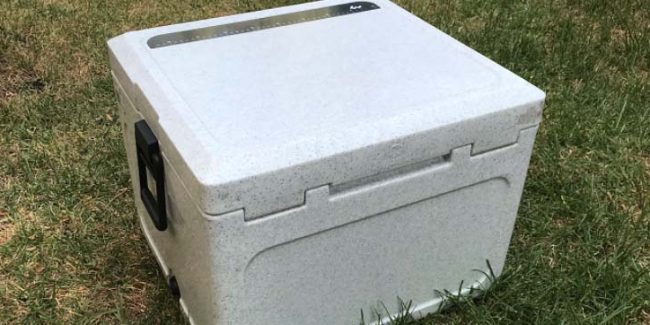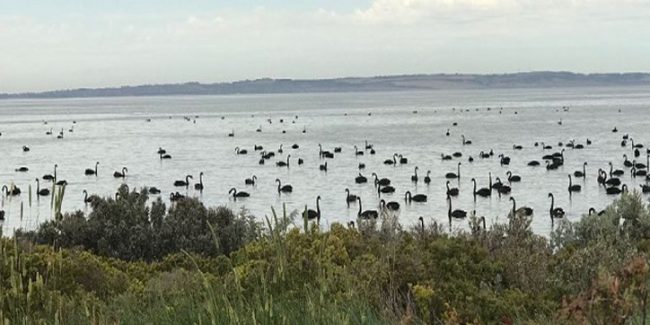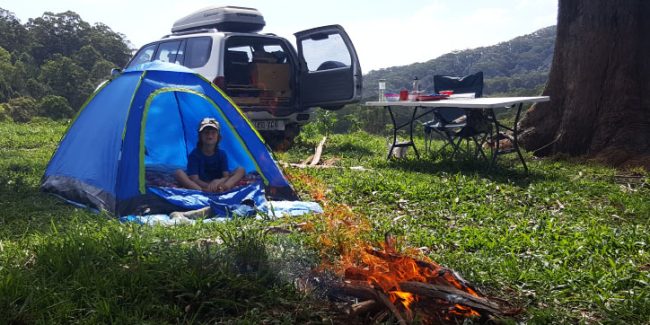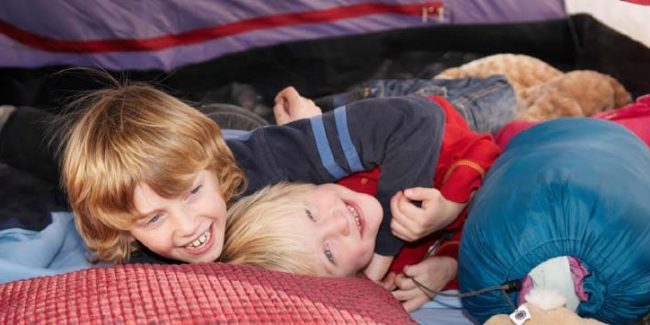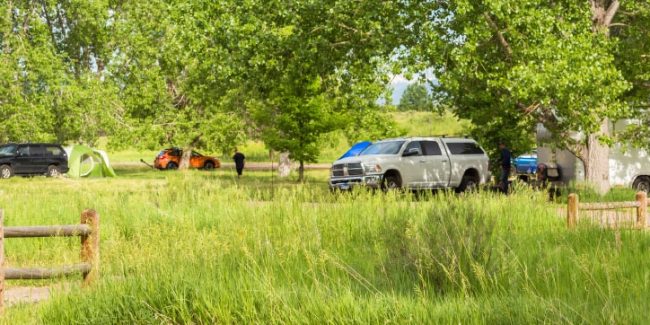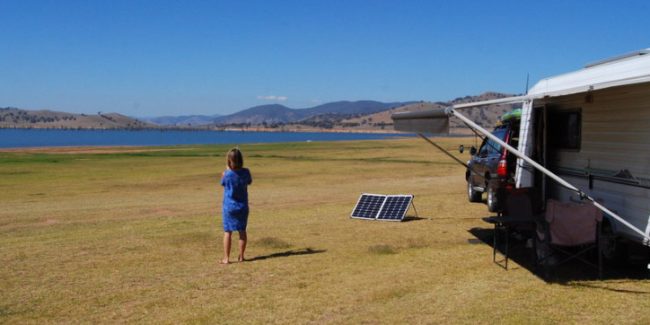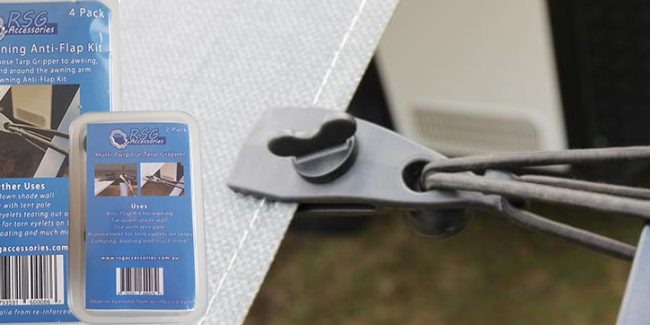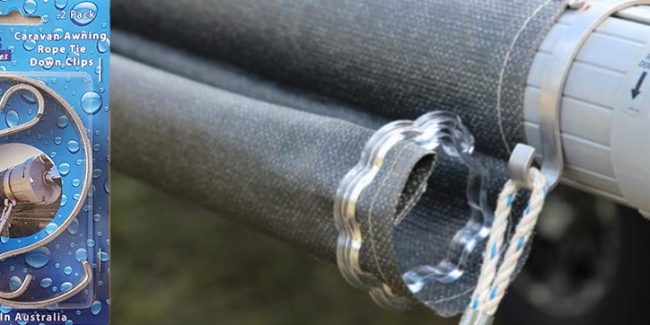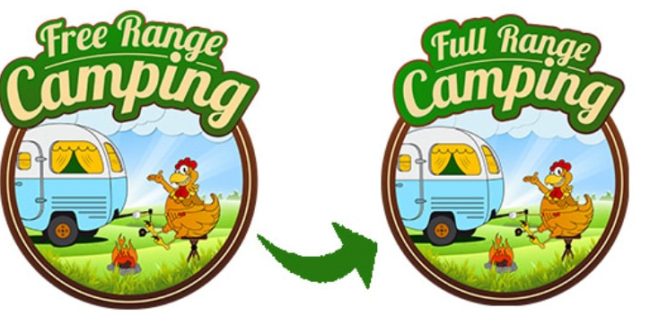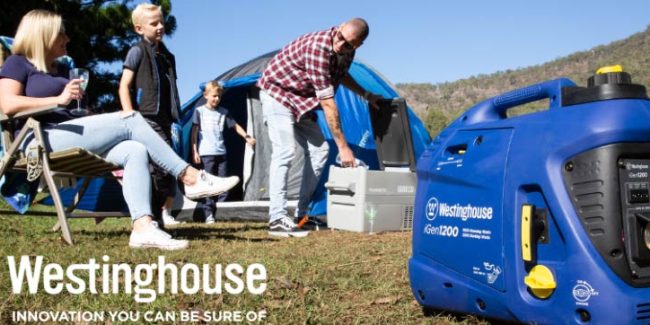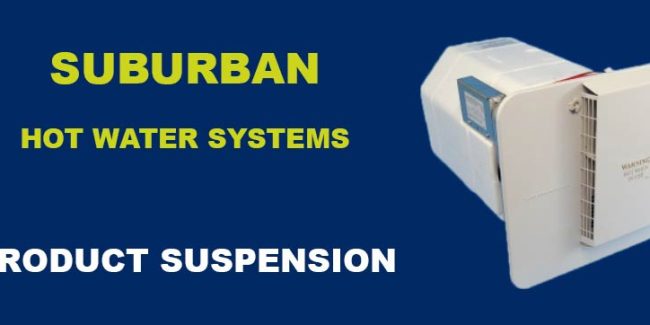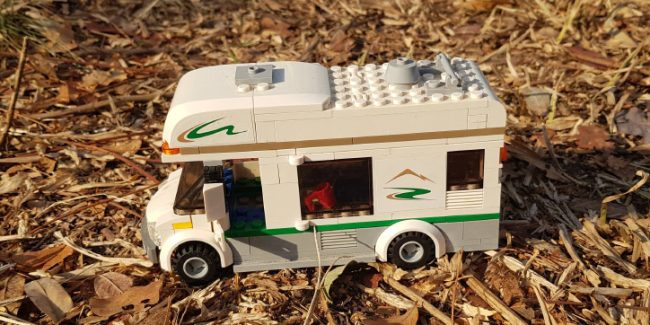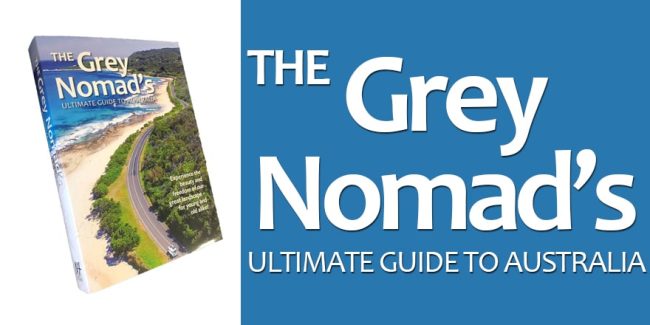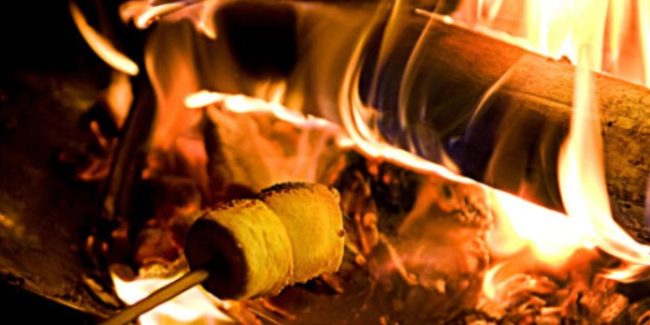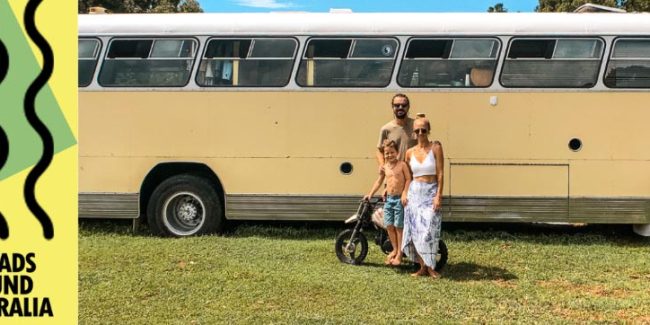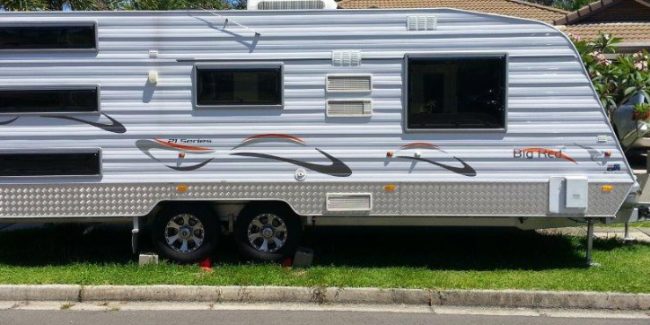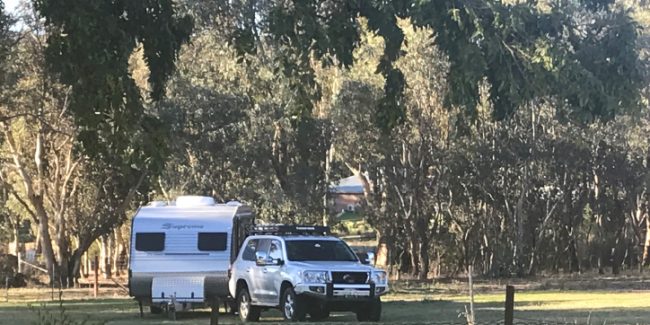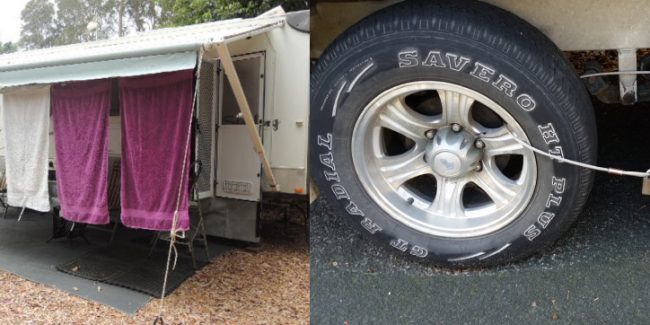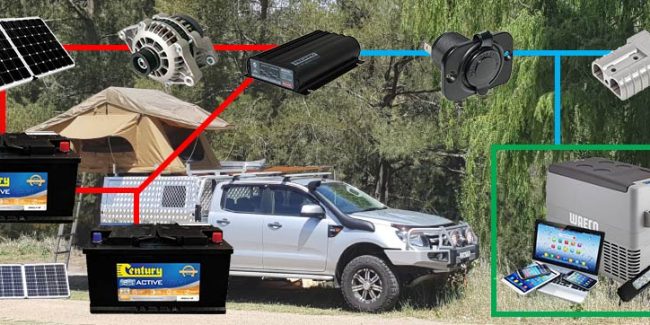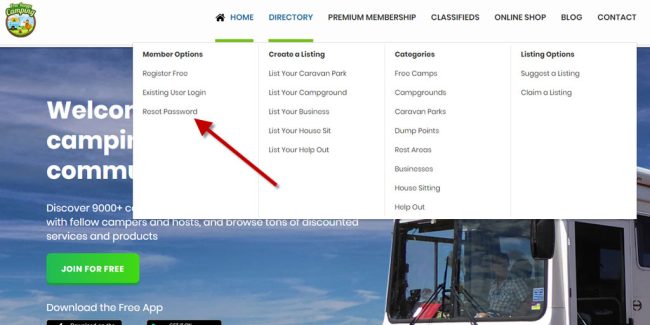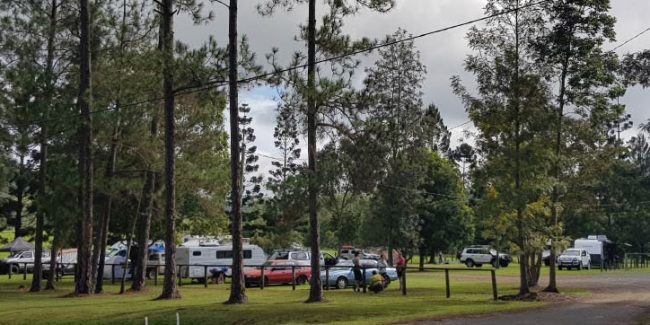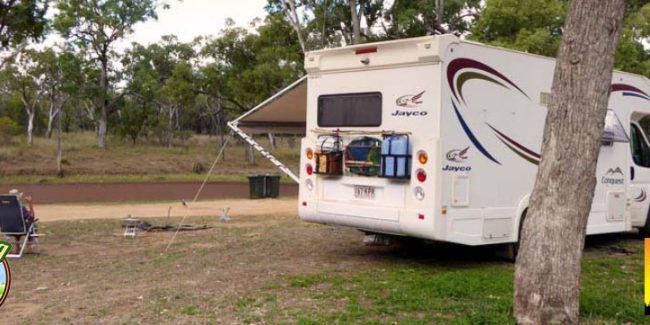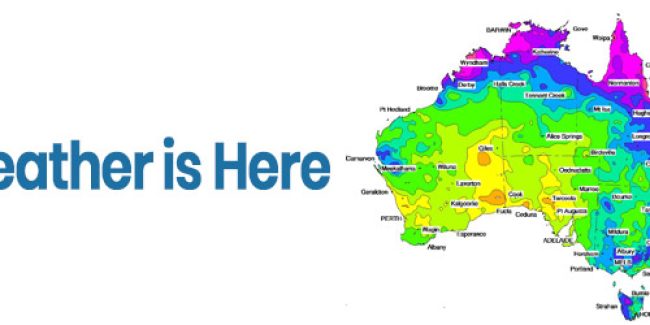This blog is part 3 of a 3 part series that takes a closer look at the true costs and restrictions associated with Free or Freedom Camping. The articles were written by FRC Ambassador Keith Thompson who lives full time on the road. In the articles, Keith looks to give us all a better insight into the true costs of setting up and continual running of Caravan Parks, Campgrounds, and Free Camps and also looks at some of the restrictions still associated with Freedom Camping.
Part 3 – Free Camps
After examining the ins and outs of Caravan Parks and paid Campgrounds, we now come to the issue of Free Camps. Free Camping, or more often now referred to as “Freedom Camping” includes the lower cost options. It still has it’s base in those camps which are truly Free. Let me start by dispensing the myth from the many naysayers on social media predicting the demise of free camping that nothing could be further from the truth. There is no evidence that the number of free camps is declining as there are camps opening as well as closing on a continuing basis.
Balgal Beach, Queensland
In fact very few close and usually for only one of two reasons – a problem with the legal conditions (Rockhampton and Cobar in the last year); or a problem with use, or should I say Abuse?
Balone River, Dirranbandi (Closed 2015, Re-Opened 2017)
Occasionally a change of council brings about the closure of free camps but by the same token another change of council brings about the opening of free camps; that is the balance; the Balonne Shire (St George) is an example of this in recent years in both directions. With the ever increasing number of RVs on the road (100,000 plus on any day of the year are going somewhere!), there are many Councils who are becoming RV Aware, opening RV stops and installing Dump Points. If we all keep spending money in the towns they will (mostly) keep supporting us.
St Lawrence Recreation Reserve, Qld – Free to Small Donation
The singular area where it could be said that free camps are declining is in the move to a small charge by some Authorities; we have to see this as an inevitable change in some locations due to the pressures placed on Councils and others by the ever increasing numbers; there is a cost in providing camping (and sometimes a necessity for some form of control or supervision)!
The Legalities
Just as Caravan Parks and Campgrounds require approvals, so do Free Camps or RV Stops in any location; only camping in National Parks, State Forests and some similar Reserves are exempt from State and Territory Planning requirements. They are able to create their own rules and prescribed camping areas. There is a lot of misconception that you can park up anywhere on the roadside, unfortunately, enhanced by Social Media users and Apps listing gravel dumps and similar;
Marathon & Bluff Rock – Rest Area that DO permit overnight camping
Camping at any of these locations is illegal in every mainland State and the NT under Crown Lands legislation. Having said that, in truly remote locations a little discretion has to be applied. But we still need to know where the legal limits are; there are no grounds for complaint if you are moving on!
Roadside “Free Camping” the Definitions:
Neither can you “camp” at ANY Rest Area. They must need approval. This in itself is a complex issue that requires understanding as there are also differences in the definition of “camping”, so rather than repeat other information here, a series of three previous articles relate the whole picture of roadside (Rest Area) camping and can be found here:
Rest Areas as Free Camps Part 1 – An overview
Rest Areas as Free Camps Part 1 – State Variations
Rest Areas as Free Camps Part 1 – Other Options
Free Camps other than roadside:
The Free Camps, not Rest Areas, are the Council, Community, and Government (and occasionally private land). We do include in “Free Camps” those that request a small (say $5) donation, but not those with a requested “fee”, usually $8-$10 or more as there are very few between these price points.
Yarramalong Weir & Carcoar Dam
The general rules that apply to paid Campgrounds apply equally to free camps provided by the various bodies. The land has to be zoned and approved correctly (unless exempt as mentioned above). Also, the camp will have to comply with the applicable Council or State legislation. This may restrict numbers, dictate amenities required, fire regulations, and a myriad of other “details”. See reference to Rockhampton and Cobar above which were both closed. It is a result of the site not being compliant under their respective State Planning regulations.
Old Liffey School & The Pebbles
There are many variations between States such as these relating to parking/camping on private property:
There are some emerging trends for certain groups to offer “park in my drive” for fellow members; Full Range Camping have this on offer but the take up is very slow currently. One issue that comes into play here is the popular regulation in WA. You cannot park and camp on any private property for more than 3 days without Council approval, even on your own land.
Source WA: Caravan Parks and Camping Grounds Regulations 1997 WA
A lesser known regulation is that of NSW which allows only 2 days. This is an extract from NSW Planning: (explained “in reverse” – telling you what you Don’t need approval for)
“Under the LG Regulation, 2005 council approval is not required for the installation of —up to two caravans, campervans or tents on any land (with the landowner’s permission), provided they are not occupied for more than two days at a time and are not occupied for more than 60 days (in total) in any 12 month period”…
Source NSW: Illegal Camping Guidelines
While this has been in existence for many years we can find no evidence of it being enforced. Whereas the WA one certainly has been and still is enforced.
A Word on Free Camping Etiquette:
I suspect I am preaching to the converted for anybody who might read this. However, here are some of the Golden Rules for the use of Free Camps:
- Obey Local Signage or other information for conditions – time limits, grey water, pets, fires (may be seasonal), generators
- Put ALL your rubbish in the bins and if full or no bins take it with you. (It is not acceptable to place bags of rubbish next to a full bin. The birds and other wildlife will have it scattered far and wide by the next day.)
- Empty your toilet cassettes into a Dump Point (or bury it responsibly in remote areas); do NOT use the bush as a toilet and if you must then use a shovel.
- Responsibly direct your grey water if allowed. Do not just create a big “puddle” and do NOT run it towards a waterway
- Respect your fellow campers
- Put your campfire OUT when leaving your site. (We have personally rescued one camper’s motorhome from a fire left burning next to their awning and floor mat!)
ENJOY!
Some Final Thoughts:
Grey Water:
Grey Water is not a major issue. It is often raised as much is said in Social Media about the thorny subject of Grey Water retention. Also the so called “Fully Self Contained” camping conditions. “Fully Self Contained” should be a definition ONLY for those camps which have a legally stated requirement. A condition imposed by the site owner, for campers to retain all their grey water. It is important so that we all understand what we need when looking for a campsite. The reality is that from the listings in Full Range Camping there are currently (2019) significantly less than 250 camps with this requirement (Paid and free) in the whole of Australia. Some camps started out by having this requirement because they were under the CMCA guidelines. They now have dropped the requirement, either to attract more campers or due to dry conditions.
Those of us who are living in areas of severe water restrictions (Brisbane pre 2011 floods for example) know that many Councils encourages to use grey water for the garden and some even subsidised diversion kits. We should, however, all be responsible when running our grey water out; scrape food scraps off plates and containers before washing. It is not difficult to run the grey water hose to gardens or move the hose around a little. Most camping areas quickly absorb the water.
There is no high toxicity in grey water when not in a tank. About 2 hours in sunlight can eliminate toxicity. By contrast, keeping grey water in a holding tank for more than 2 days is more toxic than the Black Water from your toilet. This brings into question the suitability of emptying grey Water tanks into Dump Points which feed into a Septic Tank, especially considering the volume (135 litres from our own van)?
There are many caravans which do not easily have the capabilities of fitting a grey water tank. External containers have become more acceptable. But there are, in reality, only minor inconveniences considering the small number of sites where the requirement exists.
I am not opening the inevitable “can of worms” here. I am just pointing out a few facts so let’s not start the whole debate all over! Remember that there are many Caravan Parks that do not have sullage facilities. It is also where you discharge your grey water, to the gardens and lawns.
“Freedom Camping”
This is, undoubtedly, the growth sector in RV accommodation. And it is going to continue to be so for the foreseeable future. This does not mean the end of Caravan Parks. However, a change which all interested parties will have to adapt to and some are resisting. Wherever we choose to rest for the night, or longer, there is some cost being borne by somebody or organisation no matter how small. If, for example, a Council has to continuously bear the cost of removing “your” rubbish from a road or creekside area then you may find the area no longer available to you when next you pass by – PLEASE remove your rubbish!
In the same way, if you find yourself in a “Donation” camp, please make a contribution, no matter how small; if you are on a really tight budget, just spare a gold coin or two. The local community will appreciate every dollar – and your night’s rest will be there next time.
Conclusions:
Discussions on Freedom Camping are not going to go away; the following is a summary of relevant accommodation by “bed nights”. It is expressed in Millions and decimal from Austrade for March 2018 compared with March 2019:

Disclaimer: Any information contained in this, or any other, article on this website which may imply a legal requirement is sourced from freely available published documentation from various relevant authorities.
In Part Three of this series, we will look at Free Camps and their evolution.
Author’s Note: This article is presented without prejudice. It is not intended to be an exhaustive view of every little detail but to present the overall picture.


